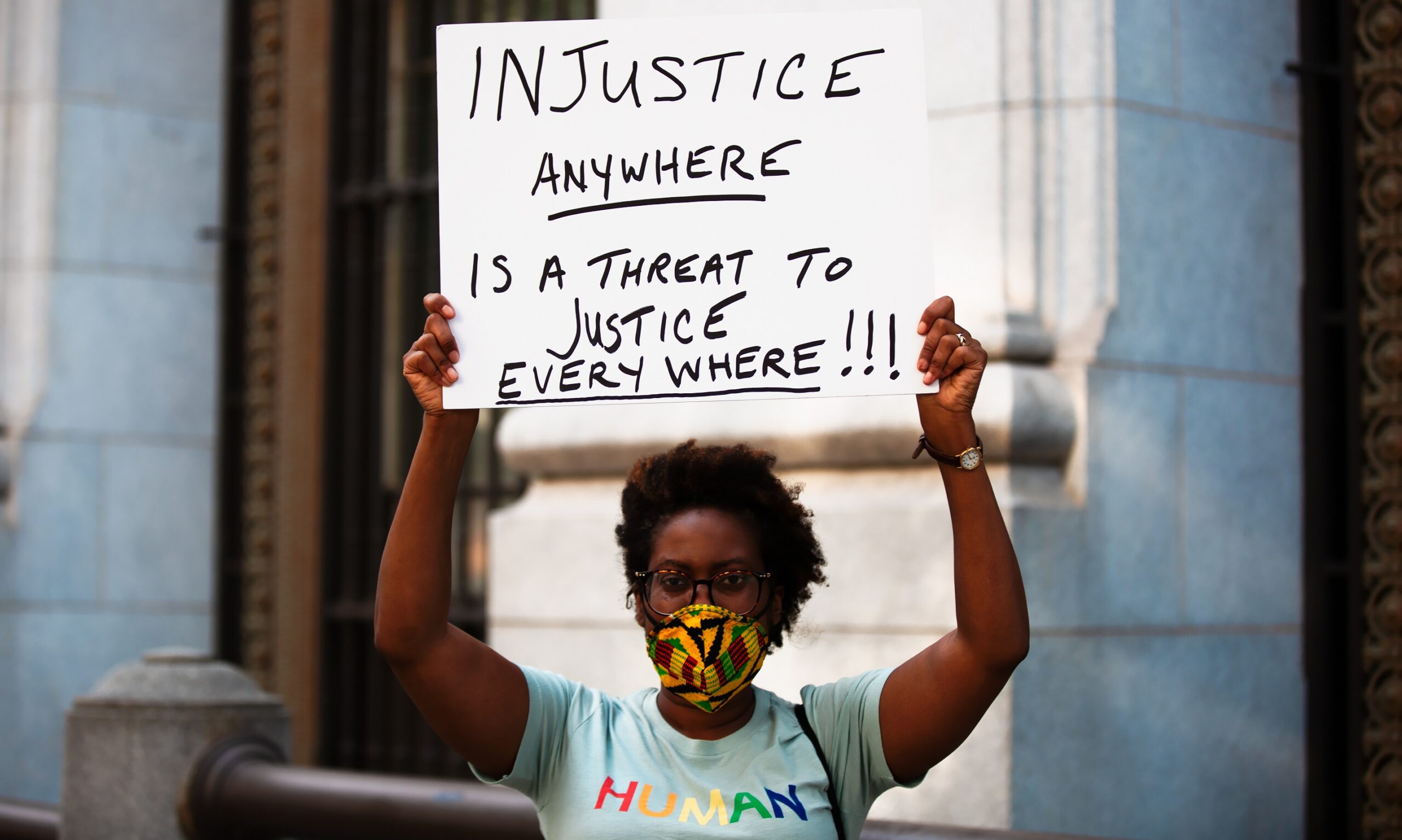Are rising levels of inequality, exclusion and the denial of participation a reason to protest asks Columban Fr Bobby Gilmore.
History is made by successive shocks, of confronting and overcoming successive challenges. Societies progress, and in the end, having attained complete liberty, may achieve a democratic state in some ideal form. (Stephane Hessel, Time for Outrage)
In the globalisation process, the setting up of a global economic system, two legs in the stool of a global economy were worked at and put in place. These two legs in the stool of the global economic system are the free movement of capital and free trade.
The third leg in the stool, people and their free movement, was ignored. Those who created a global economic system created a reality that reflected the collusion of the state, the market and the media.
Civil society was dismissed as an object of the global system’s needs having no contribution to make to the common good other than being consumers and spectators, appealed to at the ballot box to validate a political system that would serve the interests of the corporate lobby.
Essentially, modern democracy is reduced to an intermittent ballot box exercise that selects a government of nationalist elites to protect corporate interests. The best recent example is the financial collapse. Those who caused the collapse walked away, civil society pays the bills.
How come the power perpetrators who subverted the financial system were not monitored and exposed by the electronic surveillance systems of Britain and the United States? One is left asking – who are the real subversives?
But civil society ignored, excluded and squeezed eventually arrives at a tipping point through which anger is expressed in city-square protest. The political and market elites having created their own gated reality, are out of touch with the festering anger of the street.
They assume that the purchase of designer crowd control police equipment will be adequate to quell unrest irrespective of where protest originates. However, it is obvious now that the switches causing protest emerge from diverse situations.
The protests of Tottenham, Paris, Cairo, Damascus, Stockholm, Tunisia, Istanbul, St Pauls, Wall Street, Athens and Rio de Janeiro had diverse switches but a common thread of inequality, exclusion and marginalisation.
A half century ago, Pope Paul VI, reminded the world that the aspirations of humanity were participation and decision making. Over time, these aspirations have been institutionally denied due to the emergence of corporate power, state and media collusion.
Millions of young, skilled, highly educated people around the world at present are experiencing a deficit of participation and hope. They are abandoned, made feel disposable in nihilistic swamps of institutional indifference experiencing a poverty that is sourced both in natural and psychological scarcity in the south and north respectively.
Modern poverty is the absence of a choice. The modern poor, the destitute, the unemployed, the jobless graduate are treated as trash by a bubble-gum consumer-driven culture.
They are seen as the enemy of a system that benefits a global minority. In the past the colonised were described as unworthy and lazy. Now, the destitute, the unemployed, immigrants and the jobless graduate are the new colonised, despised as shirkers, scroungers and leeches. And they are not taking it in silence. To contribute is a human need and right.
For the first time in history all three groups are in communication. The social media has united the destitute, the worker, the unemployed graduate and the powerless. They are collectivising their common grievances, directing their anger at government and corporate institutions that are causing pain by allowing the growth of inequality, rejection and alienation.
Are rising levels of inequality and denial of participation reasons for protest in London, New York, Brazil, Turkey, Egypt, Tunisia, Greece, Stockholm and elsewhere? It would seem they are.
According to John Berger, “the gap between the poor and the relatively rich becomes an abyss. Traditional restraints and recommendations are shattered. Consumerism consumes all questioning. The past becomes obsolete. Consequently, people lose their selfhood, their sense of identity, and they then locate and find an enemy in order to define themselves. The enemy-whatever their ethnic or religious nomination-is always found among the poor. (Bentos Sketchbook)
Nelson Mandela, having spent decades as guest of state-corporate collusion, was in no doubt of both the need and responsibility of protest. He wrote, “When globalisation means as it often does, that the rich and powerful have new means to further enrich themselves at the cost of the poorer and weaker, we have a responsibility to protest in the name of universal freedom.”
Today nobody recognised me, and I have not lived.
You have noticed me, and I live again. (Chekov)

